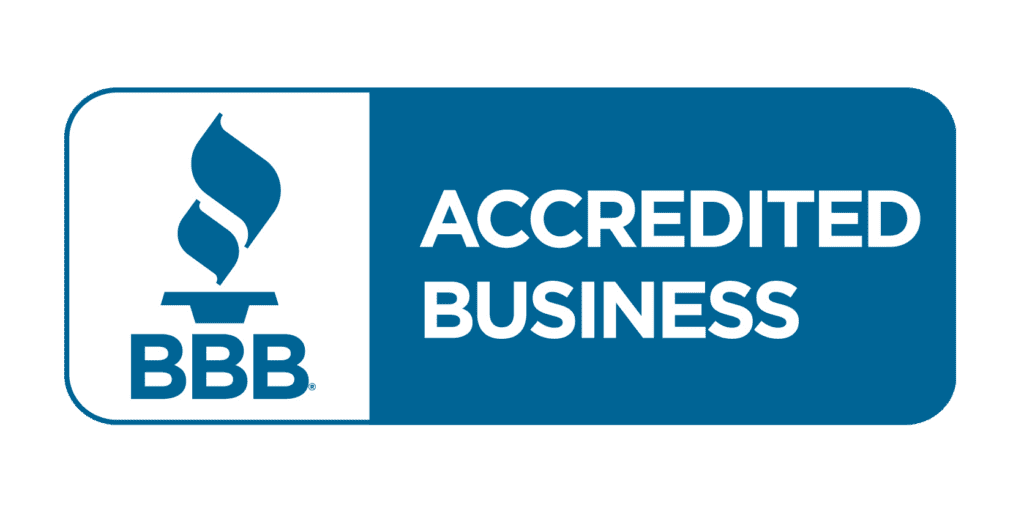No, a death benefit is not taxable. You will, however, still want to report it, but not with your gross income.
What is a Death Benefit?
A death benefit is the purpose of your life insurance policy—when you, the policyholder, pass away, a predetermined amount of money, known as the death benefit, is passed on to your beneficiaries. For final expense, this death benefit will be anywhere from $2,000 to $50,000.
What, then, is a beneficiary? This is a person (or multiple people) who you choose to receive the death benefit when you (the policyholder) pass away. Once these funds are issued, it will be up to them to use the money as you intended.
What Does the Final Expense Death Benefit Look Like?
How can you designate your death benefit to be used? Well, you have a few options.
The most common use of a final expense policy is to cover your funeral costs. Today, funerals cost anywhere from $5,000 to more than $10,000 depending on your chosen arrangements—that is a lot for you or your loved ones to cover out-of-pocket, and final expense can cover all of it ahead of time.
You can also cover other small expenses that fit within your policy. This can include estate taxes, medical bills, credit card payments, and anything else you choose.
Why Death Benefits Are Not Taxable
With all of this in mind, why are death benefits non-taxable? Well, for the beneficiary, it’s not really income for their own use. You will not see the payout, because it’s only issued once the policyholder (you) passes away.
For the beneficiary, especially a beneficiary of a final expense policy, they will likely receive little to none of the death benefit for their own personal use. They are instead going to use it to cover the policyholder’s designated expenses—it is, therefore, not taxed.
You Should Still Report On It
Just because life insurance payouts are non-taxable does not mean that you can avoid reporting it. The IRS explains that you should report it under topic number 403, a section designated to taxable, nontaxable, and excludable interest.
It is the beneficiary’s responsibility to include this in their tax report, not the policyholder. As long as it is reported properly, the beneficiary will be able to use it as the policyholder had intended.
Naming a Viable Beneficiary Matters
Be sure, however, to name a beneficiary that will be able to file the death benefit as nontaxable. Minors will have to be placed into a trust to receive the funds, which may be subject to taxation. Also, those with a disability may experience issues with their Social Security disability benefits because the death benefit may be considered part of their income.
What Happens if You Don’t Have a Beneficiary?
If you don’t have a beneficiary on your life insurance policy, the death benefit will go to your estate. The proceeds become part of the other assets and distributed through probate according to applicable laws.
If you have one beneficiary listed and they die before you do, the same will happen unless you have a secondary, or contingent, beneficiary. If the primary beneficiary dies without you making a beneficiary update, the secondary beneficiary will receive the death benefit proceeds.
It’s important to keep your beneficiaries up to date. If they move, change phone numbers, or other information changes that you used on your beneficiary form to identify them, update it with the life insurance company.
If you want to change your beneficiary, do it immediately, as you never know when the Good Lord will call you home.
How Do Beneficiaries File a Claim?
Beneficiaries may file a claim online, over the phone, or through the mail. The process differs by insurance company.
If you start the claim over the phone, be prepared to have to complete a death benefit claim form. You can do this online or in person, then fax or mail the form to the insurance company.
The beneficiary must send in the death certificate as part of the claim. There may be additional information required before the company approves the claim, like hospital records if the decedent passed from a medical condition.
When Death Benefits are Taxable
Death benefits are taxable in certain situations:
- The estate is a named beneficiary of the life insurance policy. This means the entire life insurance death benefit amount is now subject to estate taxes.
- If the deceased’s employer owns a life insurance policy, the beneficiary may owe taxes on the death benefit amount greater than the premiums paid into the policy, regardless of who the payor was. This can be avoided if the employer meets IRS Publication 525 conditions.
- When the insurance company pays an excess death benefit over the stated amount, the excess is taxable income.
- If an accelerated death benefit, or living benefit, is paid to an employee, director, or officer of the insured, rather than directly to the insured themself, it can be considered taxable income unless you file IRS Form 8853 with your tax return.
- Any interest earned on the death benefit before it’s paid out is considered taxable income.
Bottom Line?
As long as you name a viable, trustworthy beneficiary and explain the necessary tax reporting, your death benefit will be passed along tax-free. If you are the beneficiary, make sure to discuss these details with the final expense policyholder who named you.
Call Final Expense Direct Today
You and your loved ones financial security is made easy with Final Expense Direct. We will walk you through the insurance process and make sure everything is in proper order. To learn more, give us a call today at 1-877-674-0236.



